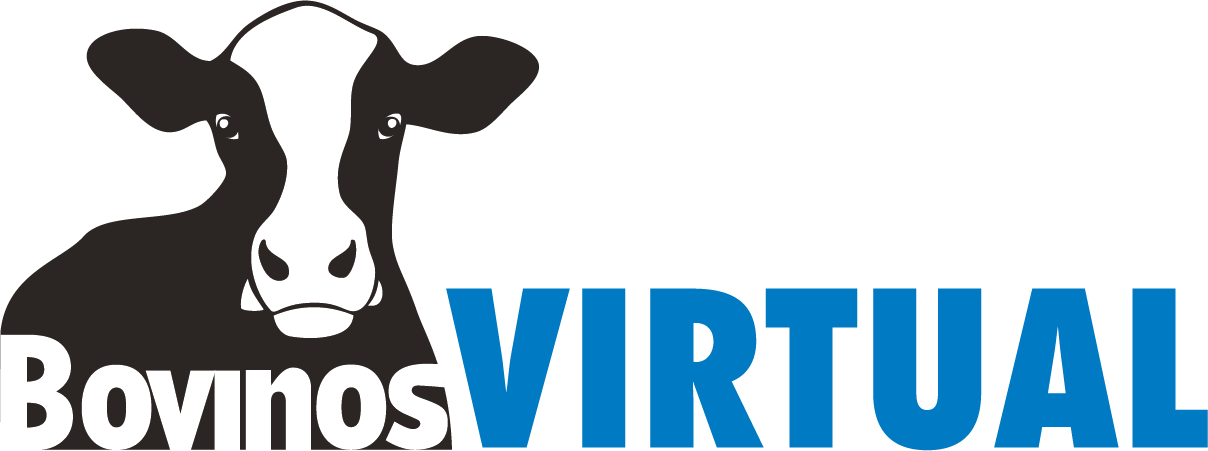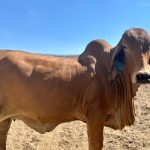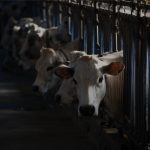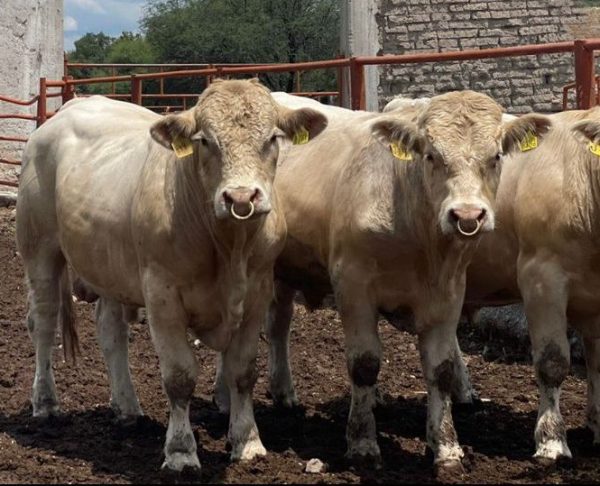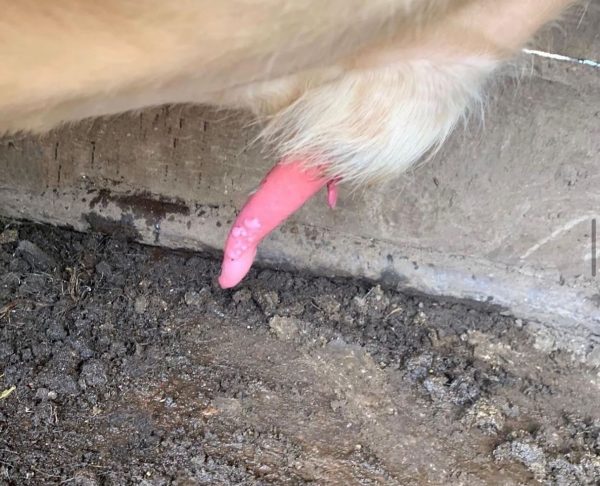In cattle, hernias are a common condition that can affect both calves and adult animals. There are several types of hernias in cattle, each with its distinctive characteristics. The most common types are described below:
1. Umbilical hernia: This is one of the most common hernias in calves. It occurs when the umbilical ring does not close properly after birth. As a result, a sac forms in the navel area that may contain fatty tissue or even part of the intestine. Umbilical hernias are usually visible near the belly button and can vary in size.
2. Inguinal hernia: These hernias are located in the animal’s groin and are more common in non-neutered males. They may contain a portion of the small intestine and, in more severe cases, the large intestine. Inguinal hernia is a condition that must be treated with surgery.
3. Scrotal hernia: Similar to the inguinal hernia, this hernia is located in the scrotum area and may contain intestine. It is often most obvious when the animal is standing.
4. Diaphragmatic hernia: Unlike previous hernias, this one affects the diaphragm, the muscle that separates the thorax from the abdomen. When the diaphragm weakens or ruptures, the abdominal organs can move into the thorax, which can be life-threatening for the animal. This is a serious condition that requires urgent veterinary attention.
5. Abdominal wall hernia: These hernias involve a tear or weakness in the abdominal wall, allowing internal organs to protrude. Abdominal wall hernias can be caused by traumatic injuries or congenital weaknesses in the abdominal muscles.
6. Pararectal hernia: They are less common and occur in the pelvic region. They may contain fatty tissue or even the animal’s rectum.
Treatment of hernias in cattle generally involves surgery to reposition and secure the herniated organs and repair the abdominal wall or diaphragm, as necessary. Prevention is essential, and farmers must be diligent in handling and caring for calves to reduce the risk of umbilical hernias. Additionally, early castration can prevent inguinal and scrotal hernias in males.
